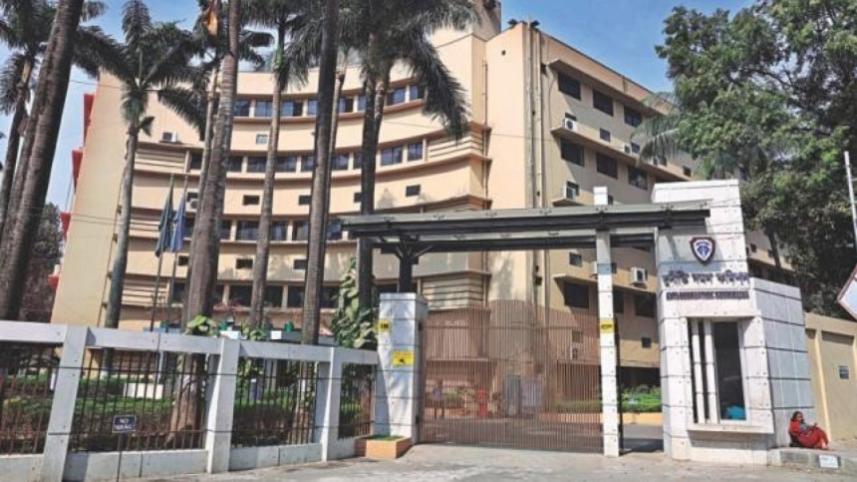Secondary, Higher Education Directorate: 184 allegations, action zero

The Anti-Corruption Commission has received over 100 allegations of anomalies, mostly related to recruitment and admission, against officials of the Directorate of Secondary and Higher Education in the last three years.
The ACC has dealt with 184 such allegations and asked the DSHE to carry out investigations into those. The ACC also urged the DSHE to take departmental actions if anyone was found guilty.
Yesterday, the anti-graft watchdog summoned the DSHE director general as the latter organisation did not comply with the directives.
A six-member team of DSHE, led by its Director General Syed Md Golam Faruk, met the ACC at the latter's headquarters in the capital's Shegunbagicha area yesterday.
In the meeting, the ACC asked the DSHE to submit the updated reports on the 184 allegations by February 2022.
Talking to The Daily Star, ACC Secretary Anwar Hossain Howlader said not all the 184 allegations were beyond the jurisdictions of the ACC.
"Many allegations came against many officers. Most of these are related to the appointment of teachers and admission charges," he said.
After primary enquiries, the ACC decided not to pursue some cases and ordered the DSHE to take necessary measures into these matters and apprise the anti-graft watchdog from time to time.
The commission also asked the DSHE to submit their findings in some other cases.
"We have given the directives at different times but they did not give any feedback. That is why the commission gave the directives again at the meeting today," he said, adding that the DSHE was also asked to ensure punishment commensurate with the offences.
The ACC secretary said if the government offices take primary actions against irregularities and anomalies, the corruption would be prevented to some extent.
"It will ease our burden and help the commission to focus on major corruption," he said.
Later, Golam Faruk told the reporters that they would comply with the ACC directives.
He claimed they failed to apprise the commission on time due to the pandemic.
A recent study of Transparency International Bangladesh (TIB) says there were instances where aspiring headteachers or assistant headteachers had to pay between Tk 3.5 lakh and Tk 15 lakh to get the appointments in schools.
Illegal transactions have also taken place for the transfer of teachers, their inclusion to the Monthly Pay Order (MPO) benefits, during schools' academic approval, school inspections, and more, reads the study titled "Secondary education programme: Governance challenges and way out".
The study also found that while there was an online process for non-government teachers to apply for MPO benefits, they still "had to pay money" at four stages.
Many government school teachers and upazila education officers have been working at the same place for over 10 years using their influence and money.
Many officials of the Directorate of Inspection and Audit (DIA) are also working at the same station for as long as they have scope to "earn money" in those stations, though the corresponding provisions say a person cannot stay at the same station for more than three years.
Pointing out 39-points recommendations, in 2017, the ACC pointed out several scopes of corruption in the education ministry.
It suggested the ministry take initiatives to dispel different irregularities in the education ministry that include procurement, unnecessary visits abroad and expenditure in the name of training.



 For all latest news, follow The Daily Star's Google News channel.
For all latest news, follow The Daily Star's Google News channel.
Comments